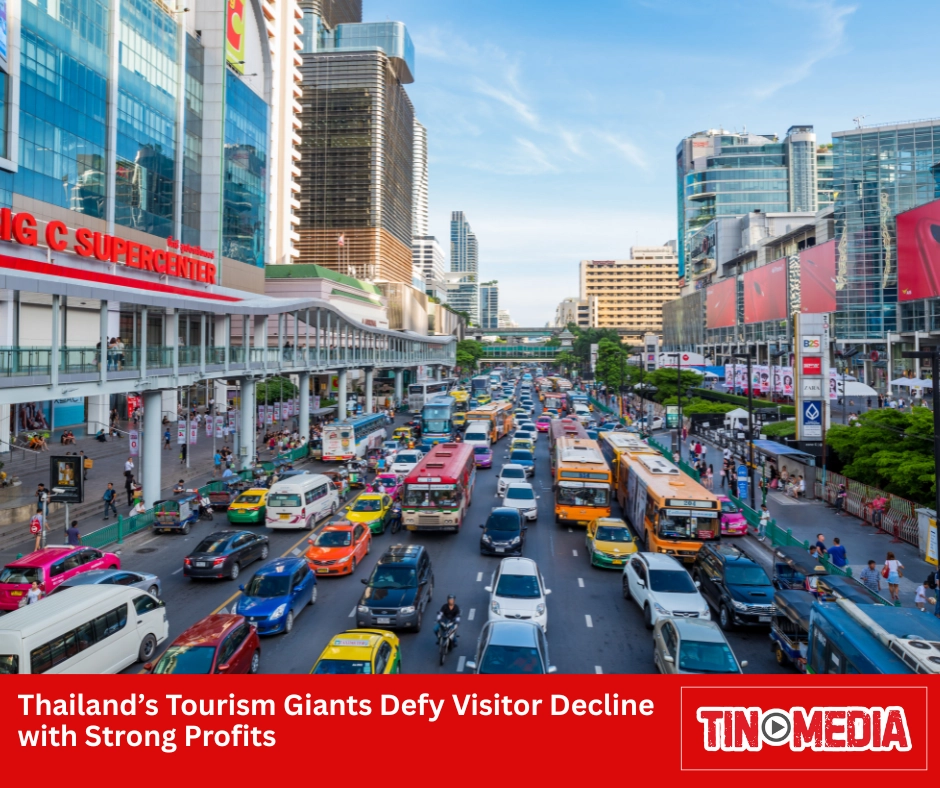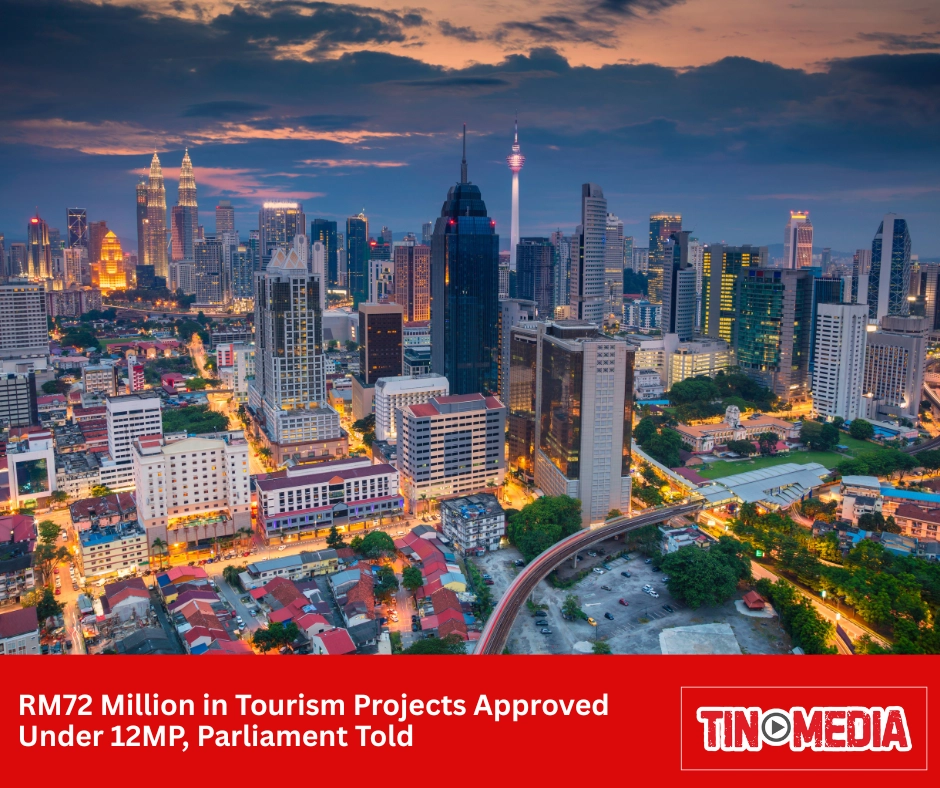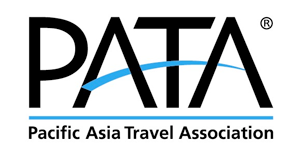Thailand’s long-standing image as an affordable and welcoming travel destination is under scrutiny as overpricing scandals continue to emerge across popular tourist hotspots — from Pattaya’s beaches to iconic floating markets.
Despite official regulations, many tourists report being charged excessive fees, particularly at government-licensed venues where ambiguous “optional” add-ons quietly inflate prices. These costs are often undocumented, with no itemised receipts provided.
A recent case at the Damnoen Saduak floating market has reignited debate. Although provincial pricing laws mandate posted rates, enforcement is weak. Thailand’s Price of Goods and Services Act technically allows for stiff penalties, including fines and imprisonment, but actual enforcement is rare and investigations are typically lengthy.
“It’s not just Pattaya scams anymore. It’s everywhere — markets, tours, taxis,” said one expat on a travel forum. “You always have to be on guard.”
Officials, including Ms. Rung-ruethai Koetchaeng of the Ratchaburi Office of Commerce, acknowledged that while some complaints have led to legal action, systemic change remains slow.
The lack of pricing clarity, poor signage, and limited oversight over private operators have fuelled growing criticism. Tourism stakeholders warn that such incidents, especially when shared widely online, are damaging Thailand’s international reputation and deterring repeat visitors.
Calls are mounting for immediate reforms, including multilingual price displays, clear terms of service, consistent enforcement, and robust complaint channels. Experts argue that unless Thailand strengthens consumer protection, the cost of inaction could far exceed the price of a boat ride — threatening the nation’s tourism brand altogether.
- TAGS / KEYWORDS:
- trending#1


















.png)














